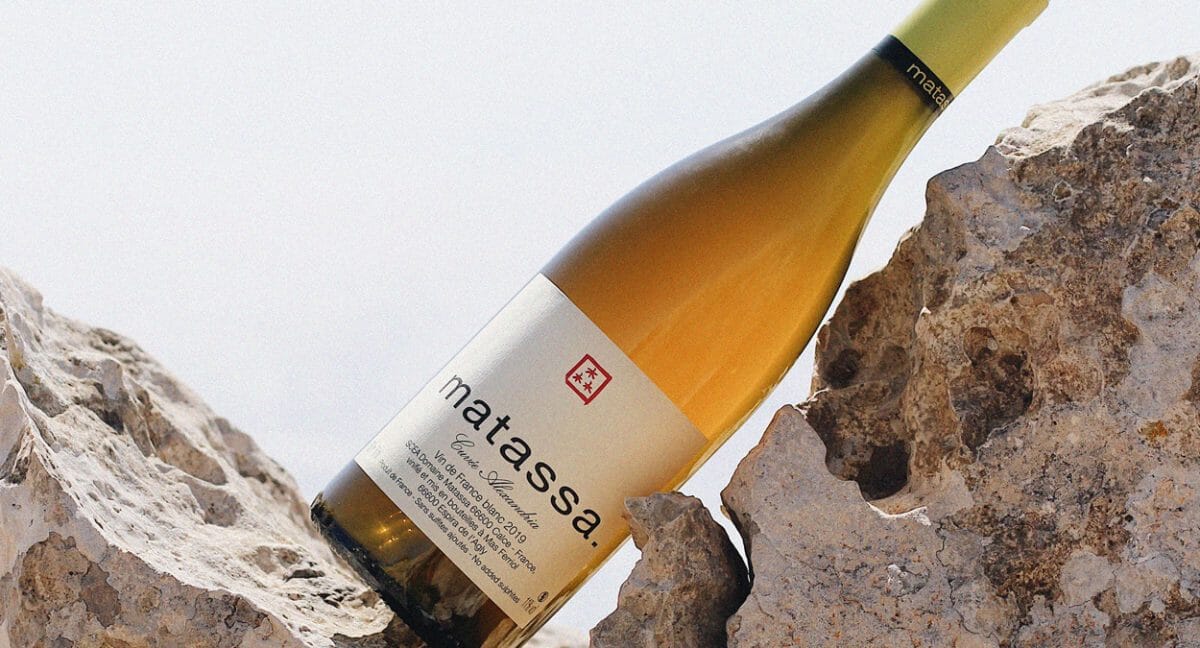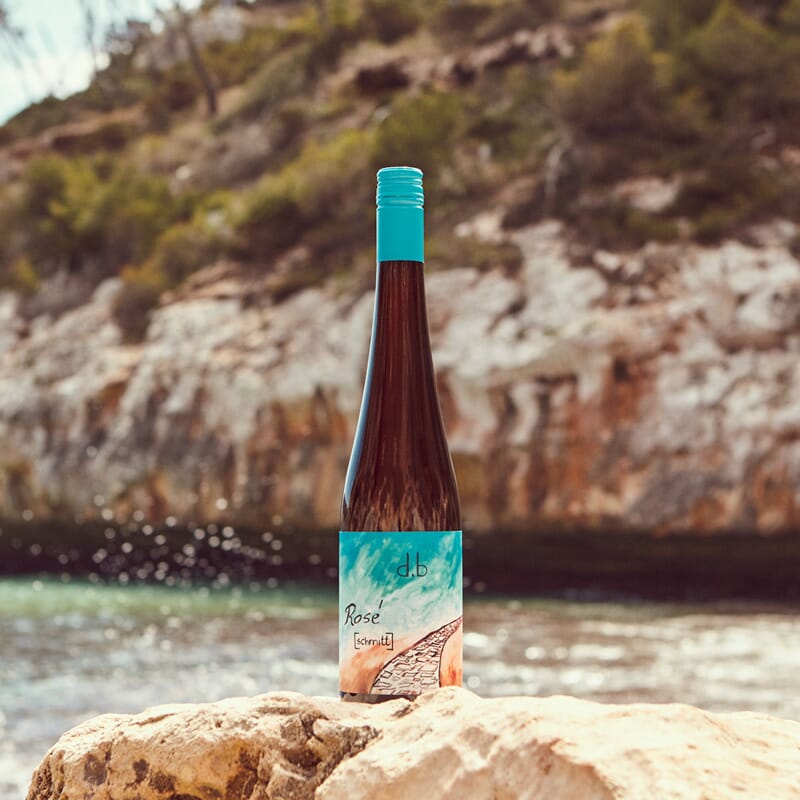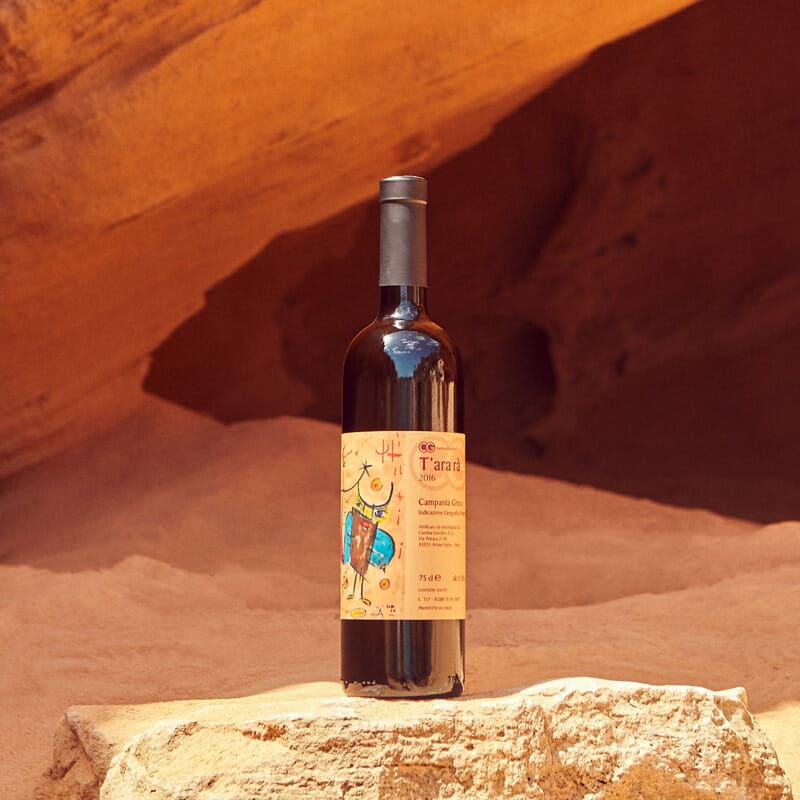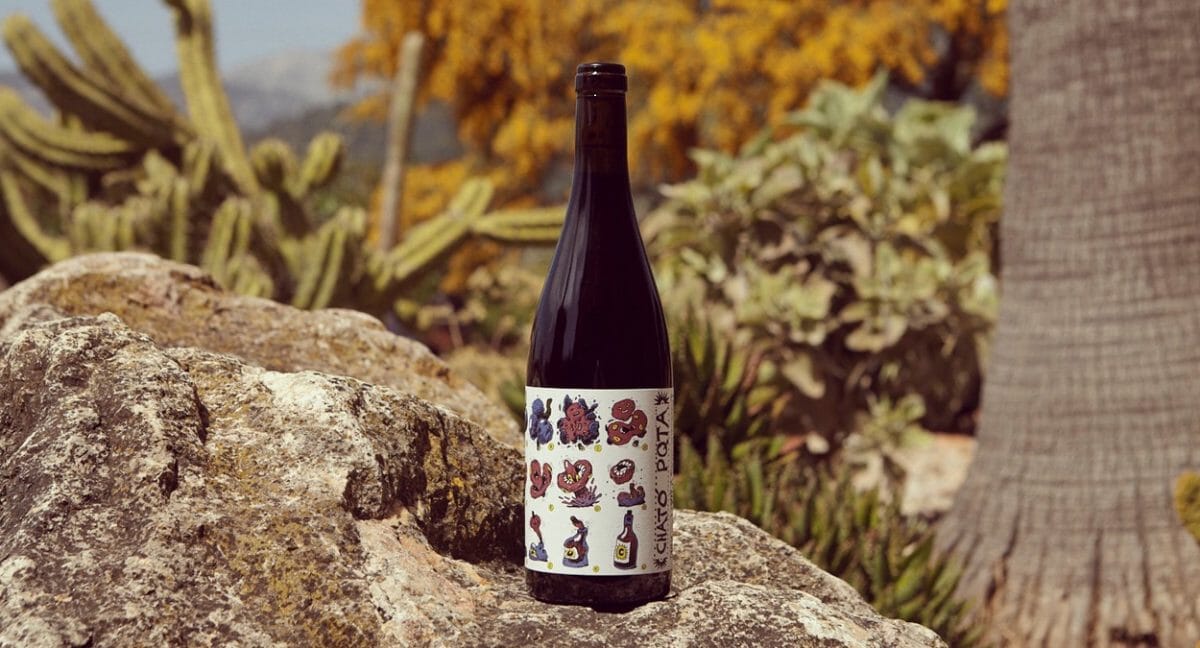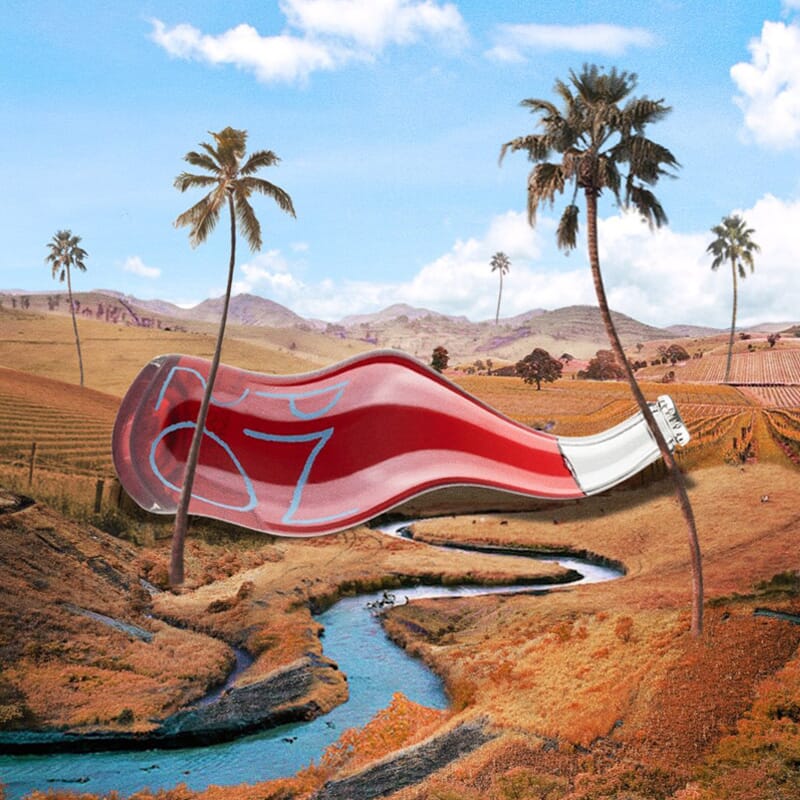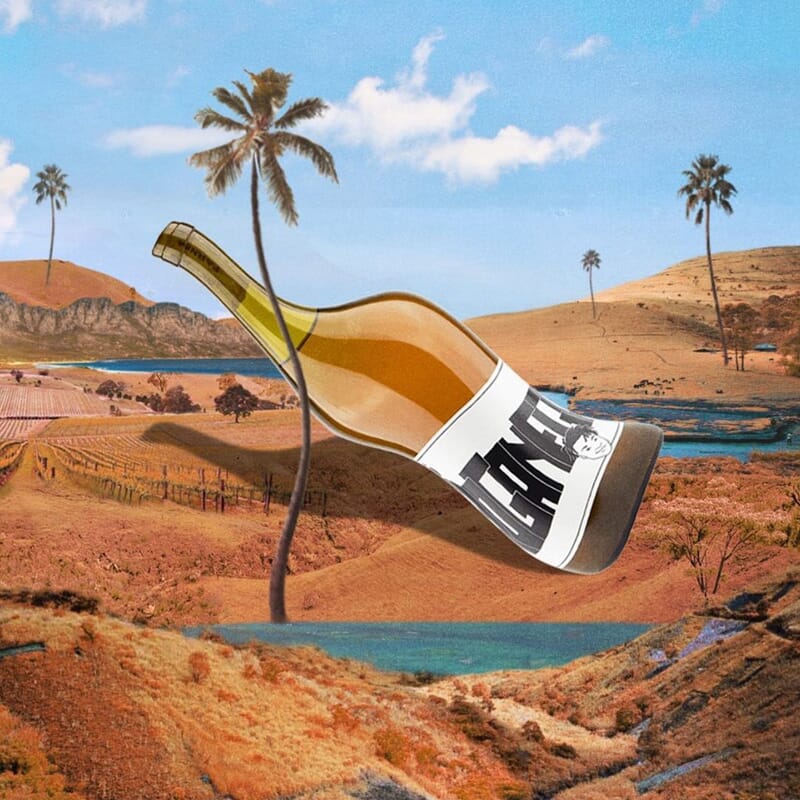There's no denying that natural wine is all the rage right now, having seen a huge surge in popularity over the past few years as the demand for eco-friendly and ethical drinks has grown. But it's fast becoming clear that this collective fixation on new gen drops is far from fleeting: natural wine is here to stay, which is why it's high time you brushed up on your knowledge of the stuff.
To help demystify the world of natural wine, we called upon Marcus de Vere, the in-house wine expert at digital bottle shop Low Intervention. Scroll on to read our interview with Marcus and begin your journey to becoming a natural wine whizz.
In a nutshell, what exactly is natural wine and how is it made?
This is a bit of a grey area as there’s still no official definition of what makes a wine ’natural'. What it has come to mean is that the finished wine in your bottle has been made with hand-harvested grapes, farmed without the pesticides, herbicides, fungicides and artificial fertilisers that have become commonplace in vineyards across the world. Those grapes are then transformed into wine without a reliance on the many flavour-altering winemaking additives used in conventional wines. Sulphur dioxide, a naturally-occurring stabiliser used for centuries in winemaking, can be added – some winemakers choose ignore it completely – but only in small doses that leave the total level way, way beneath those of other wines.
What's the difference between organic, natural and biodynamic wines?
These terms are often conflated and confused with one another. Natural wines and biodynamic wines are, broadly, made in the same way. To become certified biodynamic (a holistic method of farming that relies on certain tasks being carried out with the rhythms of lunar calendar) is prohibitively expensive for lots of small natural winemakers so they choose to forego the paperwork and use the same methods in the vineyards and cellars. Any wine certified as just ‘organic’ is usually made with chemical-free fruit that’s then vinified with the same additives as used in conventionally made wine.
We've heard that natural wine is better for the planet – why is this?
The boon for the planet in drinking natural wine comes from the fact that you’re supporting winemakers who are not only protecting the soil they work for future generations (soil erosion thanks to chemically-intensive agriculture is a huge looming problem), but encouraging biodiversity in their vineyards too which is in turn creating safe havens for wildlife (everything from tiny insects to butterflies, bees and apex predators like birds of prey, even wolves) at a time when such environments are dwindling.
What foods are best to eat with natural wine?
What’s great about natural wine is that it has encouraged people to abandon the rules that have been considered sacrosanct for years. Whilst there’s amazing opportunities to match food and wine (oysters and Muscadet, beef with pinot noir for example) we’d rather encourage people to just do what feels right for them. Want to drink red wine with your fish? Do it. White wine with your Sunday roast? Absolutely. The wealth of exciting flavours in lots of natural wines means that there’s plenty of new territory to be explored.
Does natural wine age in the same way as normal wine?
In a word, yes. Whether any wine, natural or conventional, will improve over time is down to a variety of factors – the weather in a given vintage, age of the vines etc. – and not necessarily just whether the winemaker has thrown a load of additives at it.
Will natural wine give me less of a hangover?
We’d love to answer this question with an unqualified ‘yes’ but unfortunately it’s a lot more complicated than that. The presence of alcohol in natural wine means that if you drink to excess you will get a hangover but, and this scientifically unproven but seems to be the case from our extensive research, the lower levels of sulphites mean that those hangovers can be a touch friendlier.
What drops would you suggest for a natural wine newbie?
Orange wines – wines made from white grapes but using the extended macerations used to make red wines – are riding a crest of a wave of popularity at the moment so something like Weiss from Marto, an exciting young winemaker in Germany’s Rheinhessen, would be a good place to start dipping your toes in.
The wines of Fréderic Cossard, producer of LOW’s longtime favourite burgundies, show how elegant and classical natural wines can be. Something like his Saint Romain Combe Bazin should be a pretty eye-opening bottle. Those who want to see how thrillingly alive and bright natural wines can be, without breaking the bank, could do no better than looking at wines like Les Foulards Rouges’ Fond de L’Air Est, a supremely juicy red from the Roussillon, or perhaps the delicious, hazy Handcrafted Grüner Veltliner from Austrian winemakers Arndorfer, one of the best value white wines in existence.
Get to know Low Intervention a bit better.

